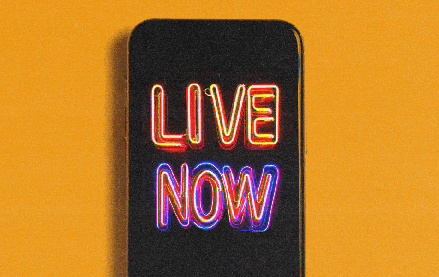Heineken is moving ad verification in-house, a shift in policy from previously relying on its agencies to police ads.
The beer brewer is running a global search for one ad verification technology it can run directly from all its markets, according to two separate executives with knowledge of the plan. Once the search ends, Heineken will have effectively brought its ad verification in-house, said one of the executives.
While Heineken isn’t the first advertiser to own the contract with ad-verification technologies, there are reasons why some have not done so. Advertisers are under more pressure than ever to show continual growth in return on investment, yet owning the contract potentially increases the cost of verification technology if the agency has preferred rates that have been secured because of the volume of business they run through a single vendor.
For advertisers like Heineken, however, the control over ad measurement is worth higher costs.
Working directly with verification companies means that Heineken can set its own benchmarks for brand safety, fraud and viewability. Previously, that would mean relying on its agencies to license the technologies that judge their own performance — in effect, marking their own homework.
Increasingly, marketers are aware that some agencies have “strategic” deals with certain ad-verification vendors that are designed to benefit the agency and the vendor, and not necessarily the brand themselves, said Anant Joshi, chief revenue officer at anti-fake-news startup Factmata. That gives agencies opportunities to mark up the verification fees, control the performance of campaigns and establish their own benchmarks.
But Heineken’s move to manage its own ad measurement isn’t just a case of keeping tabs on its agency. There’s a desire at the company, according to one source, to understand for themselves whether the online ecosystem is delivering against its needs and the best use of budget.
Heineken didn’t respond to requests for comment.
Heineken has two media-buying agencies: Dentsu Aegis and Starcom MediaVest. But having both agencies hold the same contract with the ad-verification business would’ve been tricky. “You can imagine the reluctance with agency B knowing that agency A has access to all of their buying activity and performance in those markets,” said a source. “It is, therefore, much better to centralize the license at the brand level to ensure ultimate flexibility across all markets.”
Matt Girling, the head of technology for media management firm Ebiquity’s European business, said if an advertiser does contract directly with an ad-verification company, the operational day-to-day management “can still sit with its agency or trading desk.” For some advertisers, said Girling, this has proved the optimal solution, delivering control back to the client while “recognizing the agency’s capability in its deployment in media buying.”
More in Media

Podcast companies turn to live events to capture growing advertiser spend
The surge in the number of live podcast events in 2025 reflects a broader shift: advertisers are betting bigger on podcasts — not just as an audio channel but as a full-fledged creator economy play.

Media Briefing: ‘Cloudflare is locking the door’: Publishers celebrate victory against AI bot crawlers
After years of miserably watching their content get ransacked for free by millions of unidentified AI bot crawlers, publishers were finally thrown a viable lifeline.

How Vogue could navigate potential industry headwinds as Anna Wintour — who agency execs say made ad dollars flow — brings on new edit lead
Anna Wintour’s successor at Vogue will have to overcome the myriad of challenges facing fashion media and the digital publishing ecosystem.





